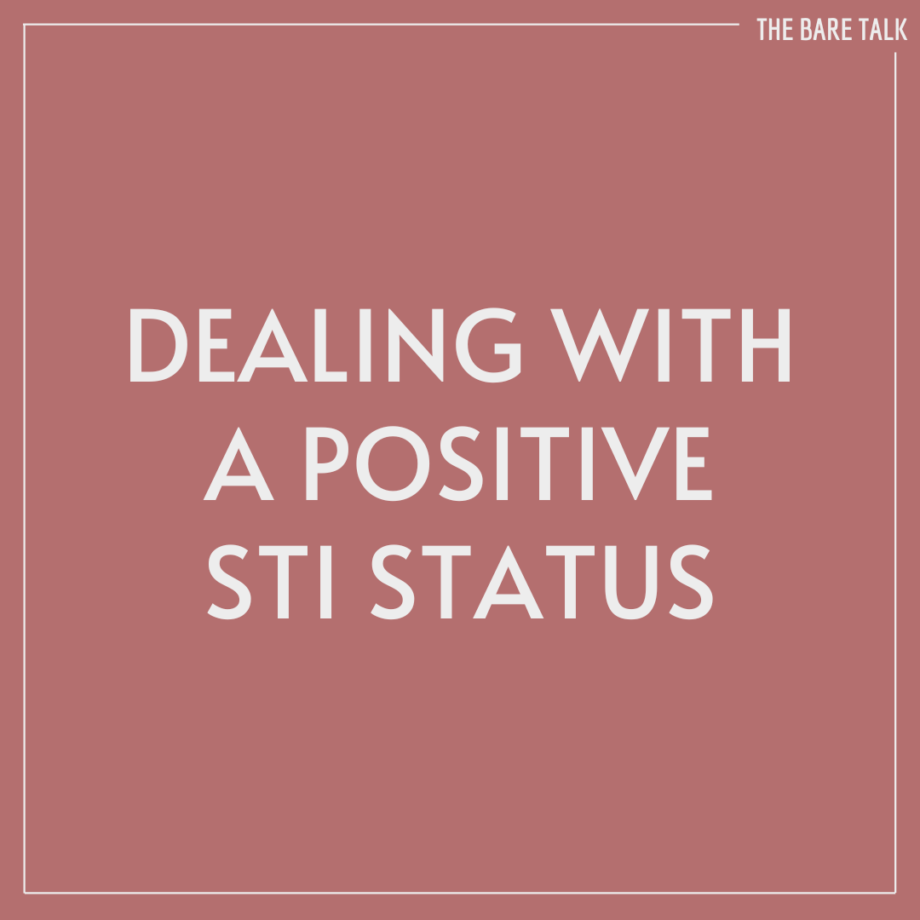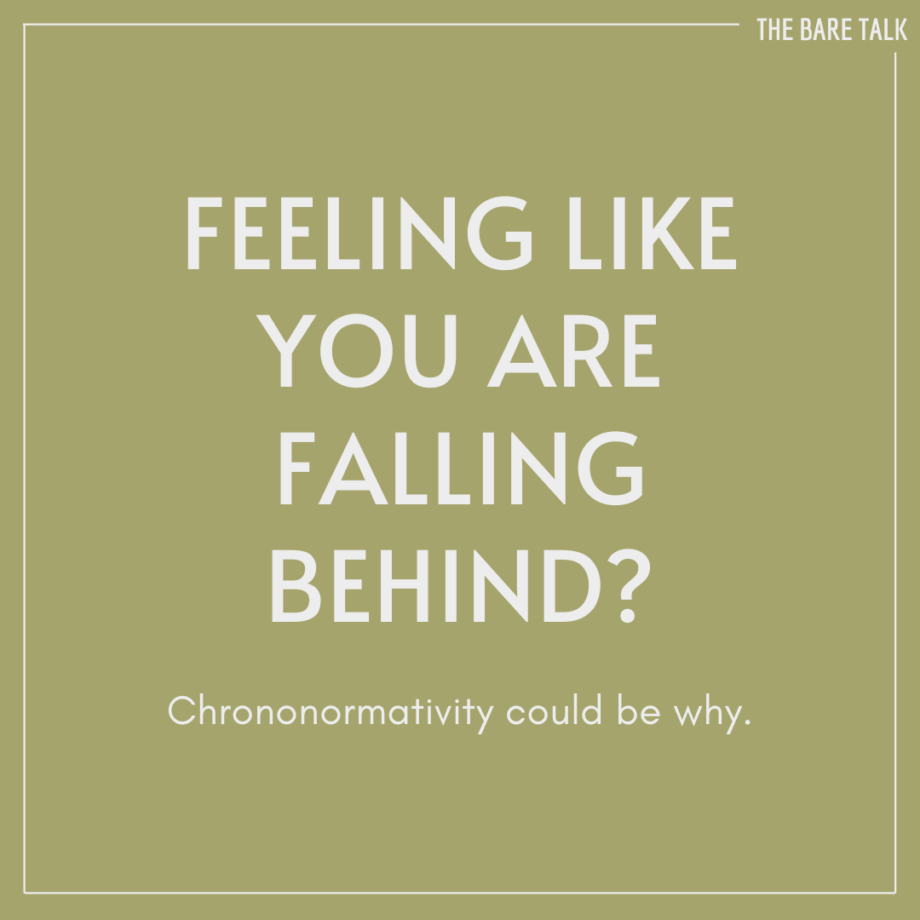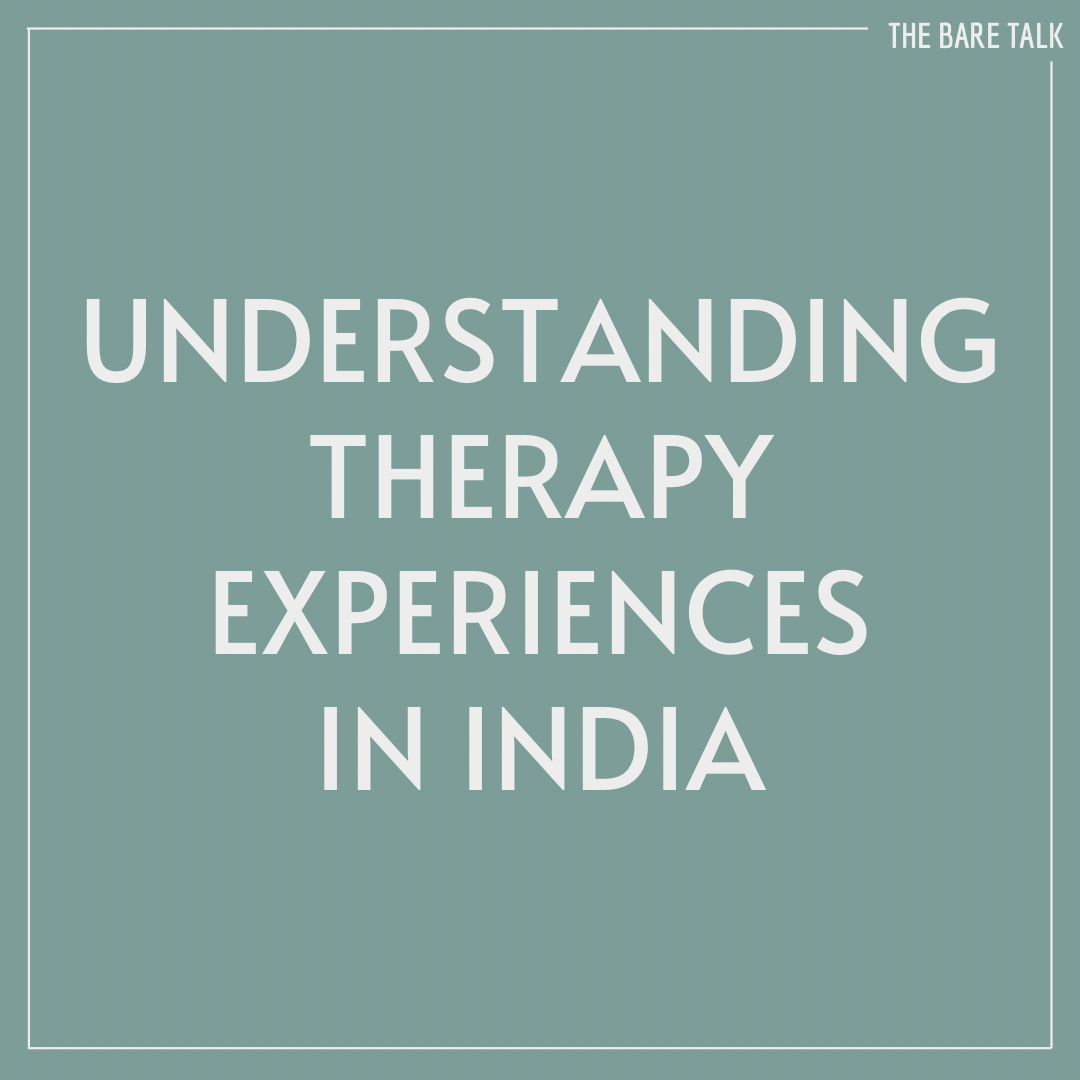“There is a right person for everyone.”
“A romantic relationship can complete your life.”
Have you ever heard of these phrases? Even if not, you may have come across this narrative in romantic comedies/novels, people around you, that tell you that romantic love is all you need… And while some people find partners in a romantic relationship, some individuals don’t experience romantic attraction towards anyone.
Similar to the concept of sexual orientation, romantic orientation is an individual’s romantic attraction (or lack thereof) towards different, same, or multiple gender(s) or no one.
Aromanticism is a romantic orientation wherein an individual experiences little to no romantic attraction towards gender(s). It’s important to emphasize the phrase “little to no” as aromanticism exists on a spectrum. To know more about the micro labels on the aromantic spectrum, check out this article.
Often, misconceptions are formed around aromantic individuals.
4 common myths about aromantic (or aro) folks are that they are:
1. Afraid of commitment:
Aromantic individuals may choose to be committed in varied relationships, like to parents, friends, etc.
2. Attention seeking or wanting to be ‘special’:
When the dominant narrative celebrates romance, people may consciously or unconsciously insist on maintaining the norm. Aromanticism is not a choice that people make & it is important to acknowledge that people can have varying experiences and can find fulfilment in a variety of relationships.
3. Lonely:
There are varied relationships that exist apart from a romantic relationship. Friendships and queerplatonic relationships/partnerships (QPR/QPP) exist wherein commitments are usually given to partner(s) as in a romantic relationship but without the component of a romantic attraction.
Also, people can be lonely in and out of a relationship. Being aromantic doesn’t necessarily mean one is lonely.
4. They don’t engage in sexual activities or experience sexual attraction:
In literature available about aromanticism, asexuality (i.e., experiencing little to no sexual attraction) is something that is often talked about. But it’s important to know that asexuality is lack of sexual interest, and aromanticism is lack of romantic attraction.
People feel that romantic and sexual attraction always go hand in hand. But it’s important to know that it’s not always the case.
For instance, an individual can experience sexual attraction and engage in casual relationships but might not feel romantically attracted to their sexual partner(s).
If you have reached this stage of the article, you might be replaying your experiences to question if you are aromantic, or you might feel that you cannot relate to these experiences and ask yourself:
“I am not aromantic. How will this help me?”
Even though we might be aware of our own experiences, it’s always helpful to have an understanding of how people might experience things differently. Maybe these people can be in your circle of friends, acquaintances etc.
It can be beneficial to discuss varied experiences by initiating a topic, reading more, or sharing this article! 🙂
Additionally, this can be a good opportunity for us to question our ideas of romance and explore the romance-focused narratives we might be unconsciously insisting on, to create a more diverse space for ourselves & those around us to have a safe environment for their experiences.
“I think I might be aromantic. Now what?”
Often, people feel they need to find an answer as soon as possible. But it’s important to realize that the process of understanding one’s sexual orientation/gender identity/ romantic orientation can take time, and that will vary from person to person.
When people realize their queerness, there are multiple ranges of emotions that one can feel – feelings of loneliness, curiosity, confusion, anger, sadness, or a sense of relief. And though it’s essential to acknowledge your emotion(s), one may feel overwhelmed while doing that.
If you are feeling overwhelmed in this journey:
- Find reliable ways to gather information on aromanticism. We have also shared some resources at the end of this article to help you start.
- Reach out to a queer affirmative therapist to navigate this journey.
- Show yourself some compassion with self-care activities like yoga, meditation, exercise, walking, etc.
Take your time and do what enables you to understand your experiences, and remember that you don’t have to confine yourself to a label or assign a deadline to figure out your romantic orientation.
Everyone’s journey is different, and it’s healthy to be curious and acknowledge different experiences.
If you or someone you know would like to navigate this with a queer affirmative therapist, you may book a session with us here.
Resources:
1. YouTube Channel: SpaceyAces
2. Guide to Aromanticism: Here, you can find a compiled list of resources.
3. Use Instagram to search for the hashtag #aromanticmemes or click the hyperlink. There are memes that folks can find relatable. Why does exploring your romantic orientation always have to be serious when it can be fun?
References:
Cherry, K. (2023, April 25). What It Means To Be Aromantic (Verywell Mind) – https://www.verywellmind.com/what-does-it-mean-to-be-aromantic-5189571
Barnes, S. (2022, January 7). 8 Signs You Might Be Aromantic & What That Really Means. (mindbodygreen) – https://www.mindbodygreen.com/articles/aromantic



